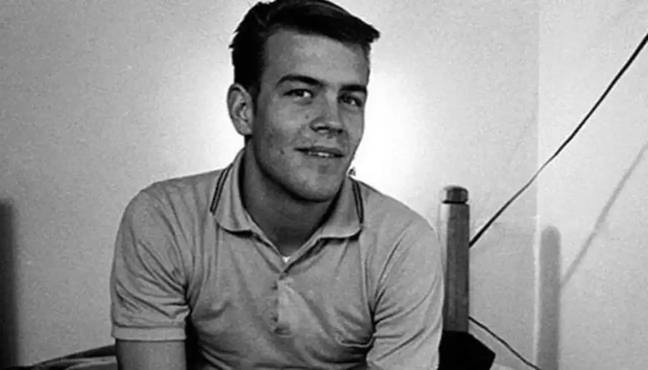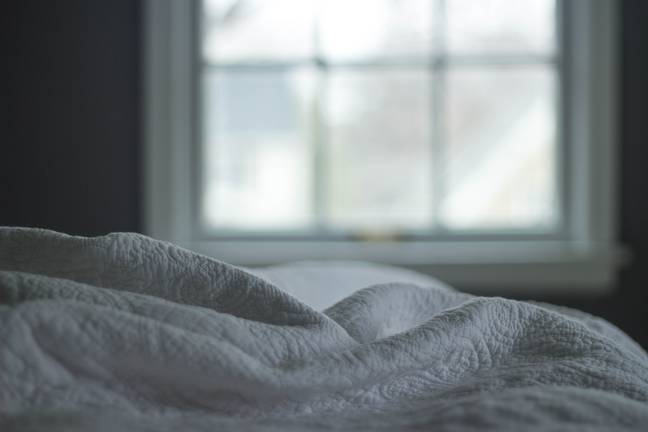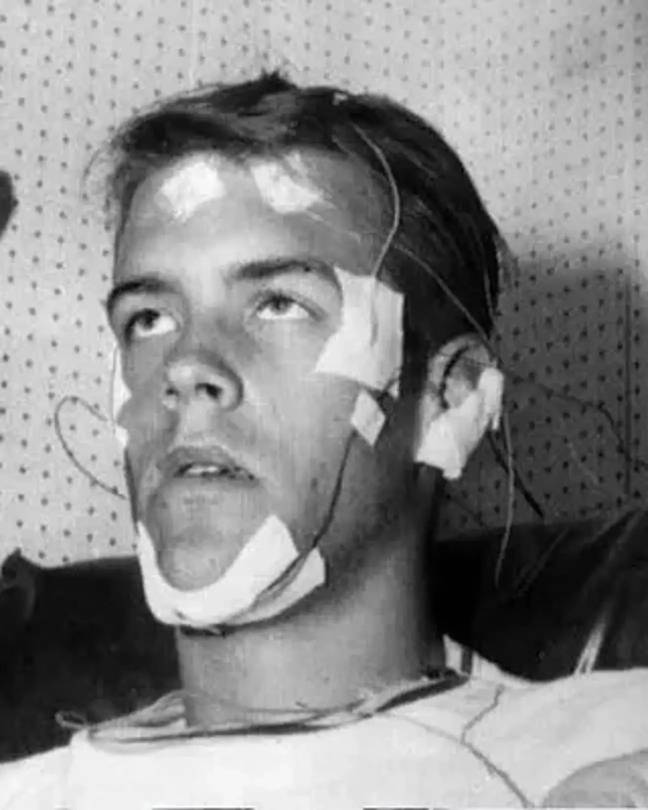Way back in 1963, two friends decided to base their school science project on sleep.
But they didn’t know their investigation would have decade-lasting consequences.
17-year-old high school students Randy Gardner and his pal Bruce McAllister needed an idea for their science fair project.

After taking some time to think, the pair decided they wanted to beat the world record for staying awake.
At the time, a Honolulu-based disc jockey held the record by staying up for a jaw-dropping 260 hours.
The aim of the game? To find out what happens to a human’s brain when they don’t sleep.
“We were idiots, you know young idiots,” McAllister recalled.
“[The] first version of it was [to explore] the effect of sleeplessness on paranormal ability.
“We realised there was no way we could do that and so we decided on the effect of sleep deprivation on cognitive abilities, performance on the basketball court. Whatever we could come up with.”

After flipping a coin, it was decided that Gardener would take on the burden of staying awake for as long as physically possible.
McAllister explained that he stayed awake to monitor his friend and after ‘three nights of sleeplessness’ he woke up ‘writing note on the wall’.
Realising that their feat was more difficult than it seemed, the pair enlisted the help of another friend – sleep researcher William Dement from Stanford University.
Recounting the experiment, the late Washington man said: “[Randy’s parents] were very worried that this might be something that would really be harmful to him.
“Because the question was still unresolved on whether or not if you go without sleep long enough you will die.”
Of course, those who suffer from sleep deprivation can be at risk of heart disease, exhibit poor balance and be subjected to high blood pressure.
While Gardner and McAllister’s experiment started well, it went on to birth some unexpected results.
After three days without any sleep, the former apparently began to experience concentration issues and short-term memory loss.
Gardner was also reportedly suffering from moodiness, paranoia and hallucinations.
Dement said: “He was physically very fit so we could always get him going by playing basketball or going bowling, things like that.
“If he closed his eyes he would be immediately asleep.”
Brain scans would later reveal that the participants’ brain had been ‘catnapping the entire time… parts of it would be asleep, parts of it would be awake’.
Unbelievably, the teen was able to stay awake for a total of 11 days (264 hours).

After breaking the Hawaiian’s record, he was taken to a naval hospital and the experiment came to an end.
Speaking to NPR, Gardner said: “I slept just over 14 hours. I remember when I woke up, I was groggy, but not any groggier than a normal person.”
Luckily, the teen seemed to have no major short-term issues from completing his science project.
However, he later admitted that he had been suffering from unbearable insomnia for decades.
He explained: “I was awful to be around. Everything upset me. It was like a continuation of what I did 50 years ago.”


